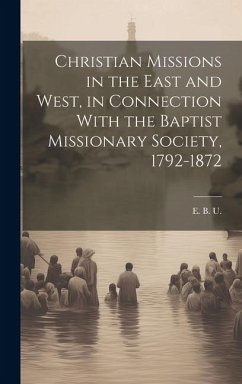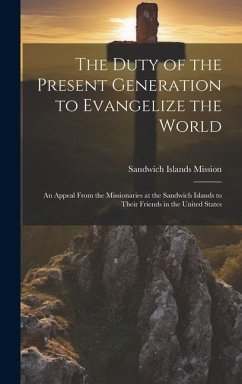
Zambian Text: Stories from Ngambe Mission
Versandkostenfrei!
Versandfertig in über 4 Wochen
17,99 €
inkl. MwSt.

PAYBACK Punkte
9 °P sammeln!
During its long history, Ngambe Hospital Mission on the Zambezi River has hosted missionaries of all kinds--dedicated French nuns in long habits, hard-working English doctors, efficient German nurses. A few were not so diligent. In the 1920s, a Swiss physician spent one day at the mission, declared the heat unbearable, and left. Yet ten years later, an Italian doctor, a woman, arrived and stayed eighteen years, mostly subsisting on fish from the river and corn-bread mush called nshima, the same diet as the villagers, members of the Lozi tribe. Skip to the mid-nineties, the time of these storie...
During its long history, Ngambe Hospital Mission on the Zambezi River has hosted missionaries of all kinds--dedicated French nuns in long habits, hard-working English doctors, efficient German nurses. A few were not so diligent. In the 1920s, a Swiss physician spent one day at the mission, declared the heat unbearable, and left. Yet ten years later, an Italian doctor, a woman, arrived and stayed eighteen years, mostly subsisting on fish from the river and corn-bread mush called nshima, the same diet as the villagers, members of the Lozi tribe. Skip to the mid-nineties, the time of these stories. The Ngambe villagers are now Zambians, and still of the Lozi tribe. The missionaries--mostly British or American--tend to come and go, rather than staying until their tombstones are erected in the mission cemetery as did their predecessors. Despite these changes, they, like their earlier counterparts, have come with an earnest desire to do good works. And they, probably like the French nuns and German nurses, find that getting along with each other is often harder than giving vaccinations or leading a prayer. Besides doing their jobs, the missionaries have a chance to pick up some Lozi words, to learn the traditions, and ride in a dugout on the Zambezi, the river Dr. Livingstone once navigated. They might visit a game park, home to thousands of elephants and other wild things. They might travel to Lusaka, Zambia's capital, see how the government works, but even if a missionary fails to absorb the culture, another possibility exists--in this remote setting he may learn something new and startling about himself.












